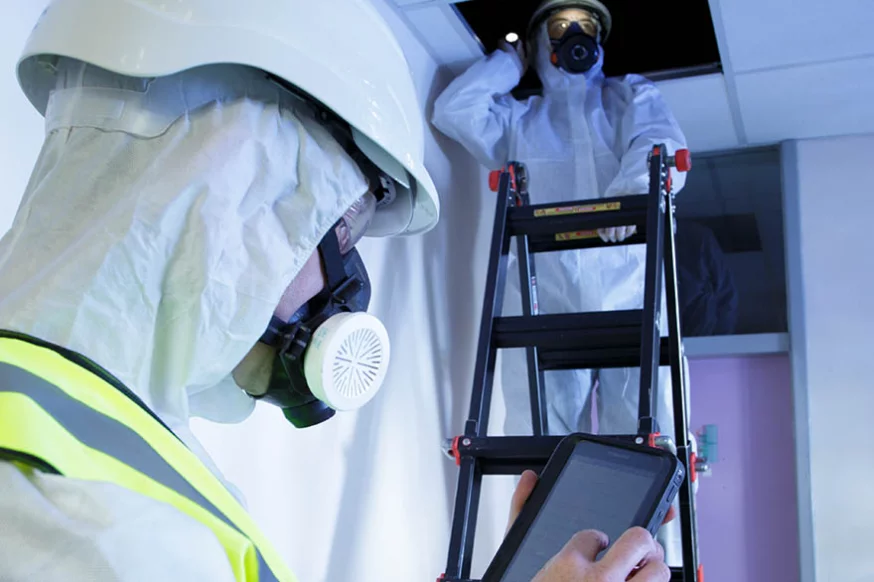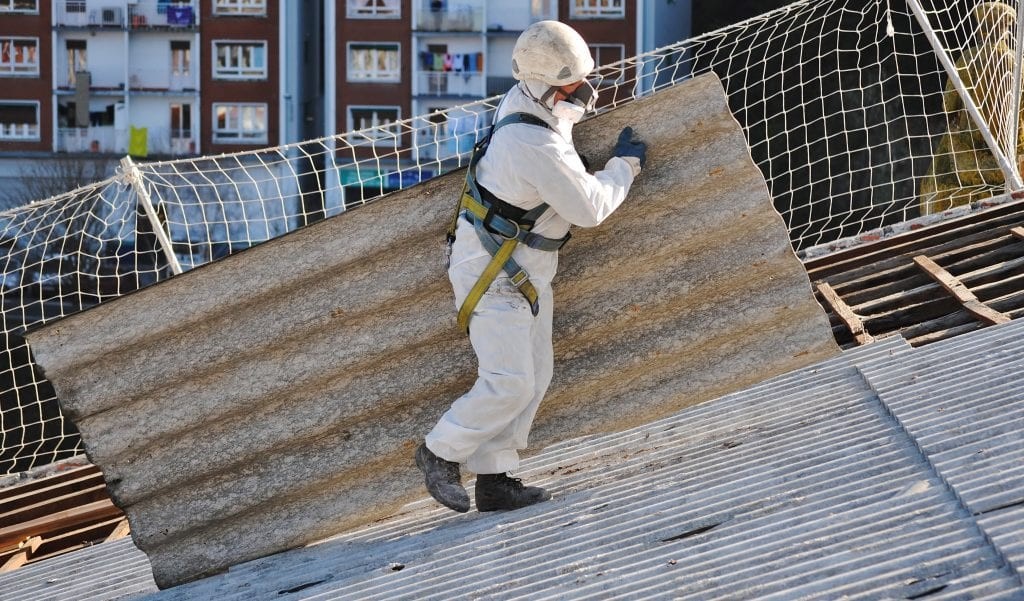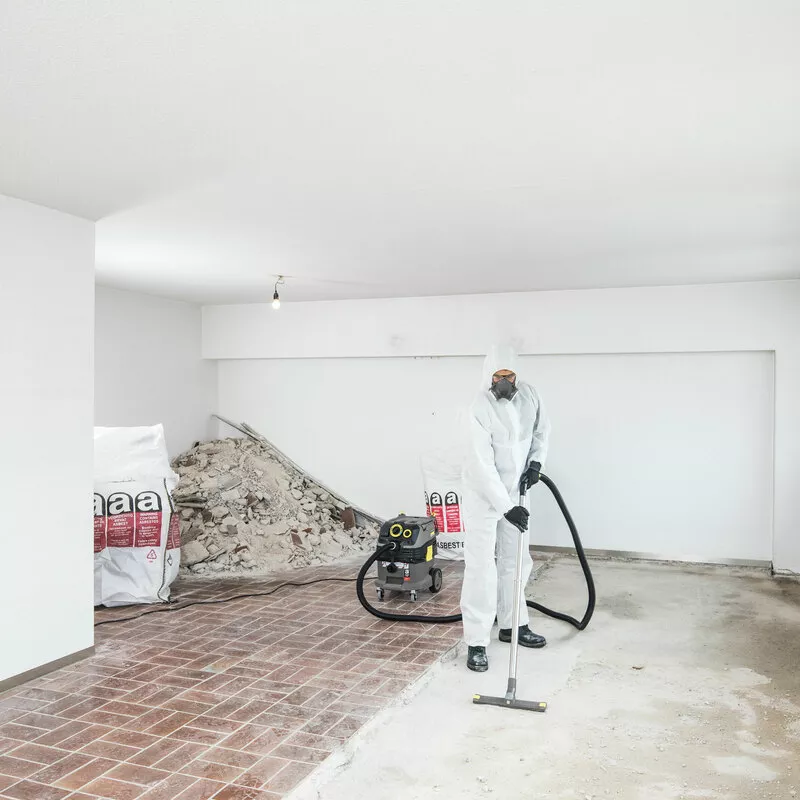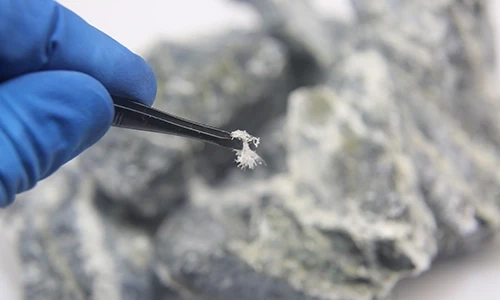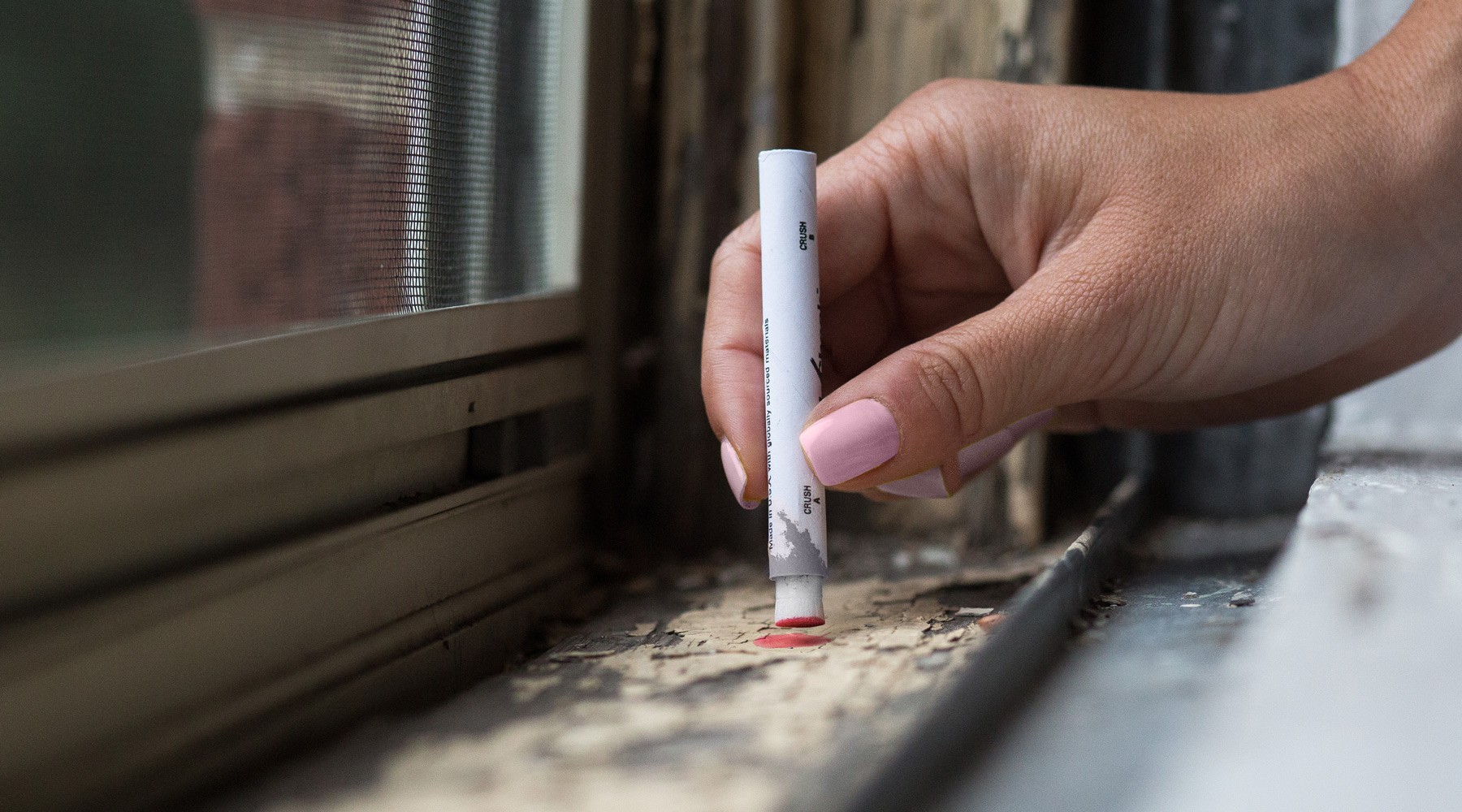Asbestos is one of the most notorious hazardous materials found in buildings—especially those built before the 1990s. When disturbed, asbestos-containing materials (ACMs) can release tiny fibers into the air, which are easily inhaled and can cause serious health issues, including asbestosis, lung cancer, and mesothelioma.
Asbestos testing is the only way to determine if a building contains this dangerous material. In this article, we’ll break down what asbestos testing involves, when it’s needed, and why it’s critical for health, safety, and legal compliance.
🧱 What is Asbestos?
Asbestos is a group of naturally occurring silicate minerals known for their strength, fire resistance, and insulating properties. It was widely used in construction materials including:
-
Insulation
-
Floor and ceiling tiles
-
Roofing shingles
-
Cement sheets
-
Pipe lagging
-
Spray-on coatings
-
Textured paints
Although banned or heavily restricted in many countries, asbestos can still be found in millions of older homes, schools, and commercial buildings.
🧪 What is Asbestos Testing?
Asbestos testing is the process of identifying and analyzing materials to determine if they contain asbestos fibers. This is typically done by trained professionals who collect samples from suspect materials and send them to an accredited laboratory for analysis using Polarized Light Microscopy (PLM) or Transmission Electron Microscopy (TEM).
📍 Where is Asbestos Commonly Found?
In buildings constructed before the 1990s, asbestos may be found in:
-
Floor tiles and adhesives
-
Ceiling tiles and panels
-
Pipe and boiler insulation
-
Roofing materials
-
Cement board and siding
-
Popcorn ceilings and textured coatings
-
HVAC duct insulation and wraps
📆 When Should You Test for Asbestos?
You should have asbestos testing performed if:
-
You’re planning a renovation or demolition of an older building
-
There’s visible damage or wear to older materials
-
You’re buying or leasing a pre-1990s property
-
You're conducting a hazmat survey or property risk assessment
-
You’ve experienced water damage, fire, or other events that may disturb building materials
🔬 Types of Asbestos Testing
1. Bulk Sampling
Physical samples of building materials (e.g., drywall, insulation) are collected and tested in a lab.
2. Air Testing (Air Monitoring)
Used to measure airborne asbestos fibers, often after removal work or during environmental assessments.
3. Soil Testing
Relevant for construction sites, waste facilities, or areas with prior asbestos dumping.
4. Dust Sampling
Collected using wipe or vacuum methods to check contamination from deteriorating ACMs.
👷 Who Can Conduct Asbestos Testing?
Testing must be performed by trained and certified professionals, often with credentials such as:
-
AHERA Asbestos Inspectors (U.S.)
-
BOHS P402 Certification (UK)
-
Licensed Environmental Consultants or Industrial Hygienists
In most countries, DIY asbestos testing is not recommended or legal due to the risk of fiber release.
⚖️ Legal & Regulatory Requirements
Asbestos regulations vary by region but typically require testing before:
-
Renovation, repair, or demolition
-
Commercial real estate transactions
-
Occupancy or re-occupancy of older buildings
Authorities like the EPA (U.S.), HSE (UK), Safe Work Australia, and others enforce strict rules. Non-compliance can lead to fines, delays, or criminal charges.
🧯 What Happens If Asbestos is Found?
If asbestos is confirmed, a licensed professional will assess the risk and recommend:
-
Encapsulation: Sealing the material to prevent fiber release
-
Enclosure: Isolating the ACMs from occupied areas
-
Removal (Abatement): Safe removal by licensed asbestos contractors
-
Clearance Air Testing: Ensuring the area is safe after abatement
Never attempt to remove asbestos yourself—improper handling is extremely dangerous.
✅ Conclusion: Don’t Risk It—Test It
Asbestos testing is a simple, critical step that can prevent long-term health problems, costly delays, and legal trouble. Whether you're a property owner, contractor, school administrator, or facility manager, understanding the presence of asbestos ensures that you can manage it safely and responsibly.
📞 Need Asbestos Testing? We Can Help.
Our certified asbestos inspectors provide fast, accurate testing for residential, commercial, and industrial properties. We’ll help you meet legal requirements and keep your space safe.
👉 Contact us today to schedule an inspection or get a free consultation.





